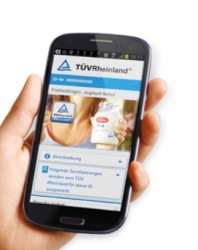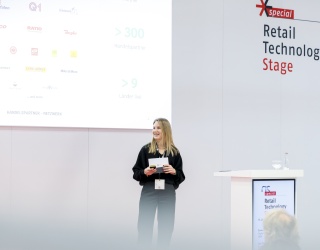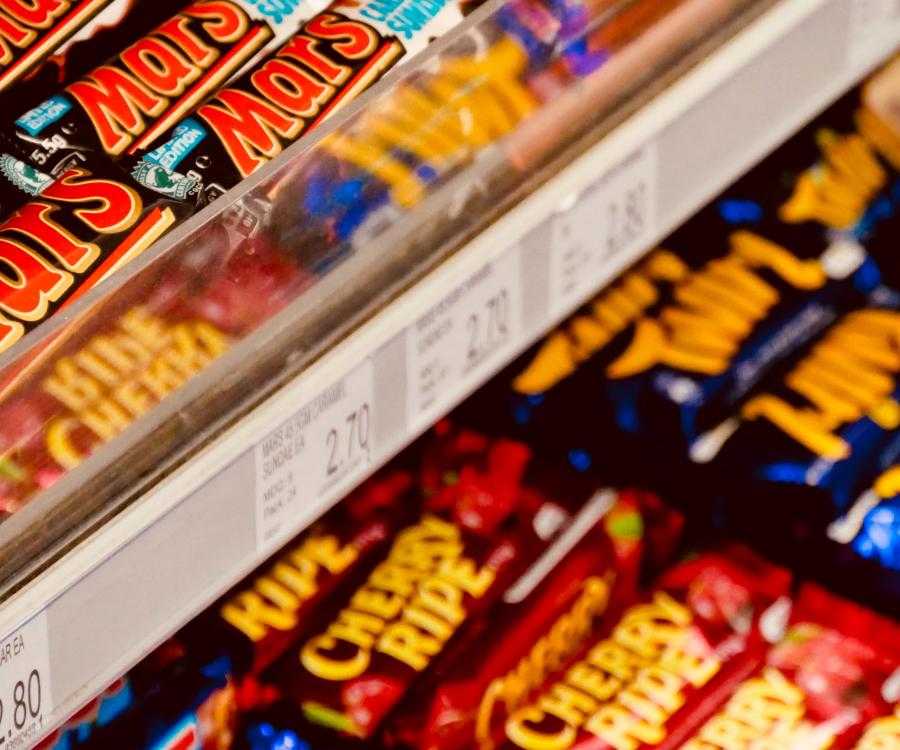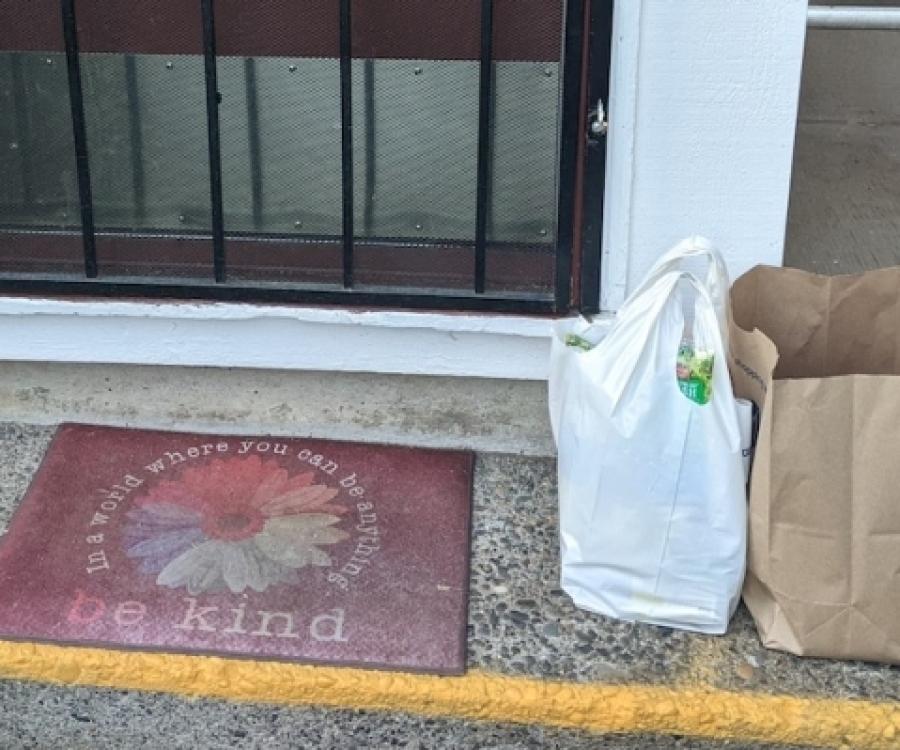Food scandals regularly unsettle end consumers. Dioxin in eggs, rotten or mislabeled meat and food labels containing insufficient information about the ingredients make shoppers feel queasy, calls for increased transparency and safety occasionally go unanswered.
TÜV Rheinland is now responding to this and getting involved in food testing. “Transparency is an extremely important factor when it comes to food. End consumers want to know whether food products really do meet their requirements,” explains Professor Wilde, Executive Vice President Products at TÜV Rheinland. “With our commitment to food, TÜV Rheinland is now increasing transparency in the food market. This sees us establishing a new dimension of trust for the food sector as a whole.”
Checking transparency on the spot
Food that is analyzed and certified by TÜV Rheinland has to undergo a wide range of stringent checks. The testing and certification procedure involves regularly inspecting raw materials from suppliers, checking the suitability for sale and quality statements of the end product and carrying out management certification of the manufacturer. The food is also examined for ingredients and potential chemical residues such as pesticides and is subject to a sensory and microbiological analysis. Here, the experts carefully examine the test results to determine whether they are consistent with the manufacturer’s quality statements. It is particularly important for end consumers with allergies or special dietary requirements to be able to rely on the information provided by the manufacturer. “Only if the product passes all tests and only contains the ingredients stated on the packaging will it ultimately obtain our TÜV Rheinland test mark,” adds Professor Wilde. “The test mark contains a distinct QR code. End consumers can scan the code to gain information on the characteristics of the food directly in the supermarket and check whether it really meets their demands.”
Skilled network
For the purpose of testing food, TÜV Rheinland has joined together with renowned laboratories throughout Germany and founded FoodCert Alliance (FCA). This network currently comprises nine recognized and accredited laboratories and is unique in form across Europe. Each and every one of these competence centers is specialized in a certain product category and the associated testing methods. Cooperation within the network makes it possible to provide food manufacturers and dealers throughout the entire value creation chain with support and therefore increase transparency and safety.
“Our mission is to pool the worldwide leading expertise in food analytics under the umbrella of FCA and establish ourselves as a contact for transparency and safety in the food sector,” explains Professor Wilde. “Through TÜV Rheinland’s global presence and expertise with companies and experts in over 65 countries, we can support manufacturers and dealers throughout the entire food value creation chain, from the procurement of raw ingredients and manufacturing of the product through transportation to shelves in supermarkets to recycling.
Manufacturers and dealers can therefore use the entire range of testing services from a single source regardless of where in the world the individual process steps take place.” Internationally applicable accreditations and recognized standards form the basis of FCA’s services and analyses. Wilde adds: “If regulations are not in place for certain foods, the experts from FCA set their own guidelines oriented on the best technology available and the existing basis. This way, FCA sets new standards for the food sector.”










